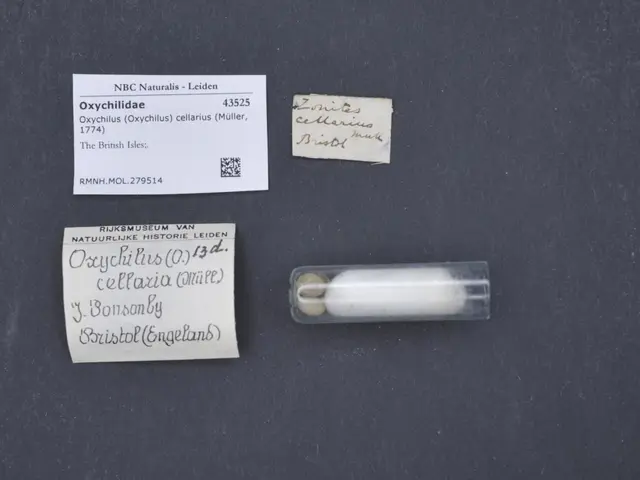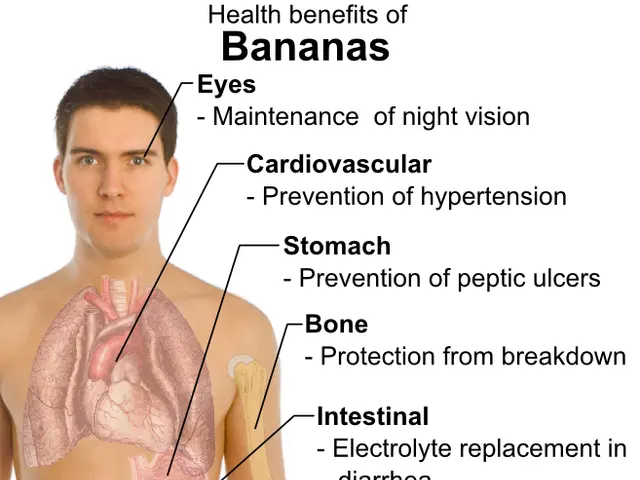FDA Tightens Lead Limits in Baby Food Amid Health Concerns
The US Food and Drug Administration (FDA) has issued new guidelines to limit lead content in baby food, highlighting the health risks of even small doses of this toxic metal. Consuming a variety of foods can help reduce exposure and bolster the body's natural defenses.
Lead in food primarily comes from soil, with some plants absorbing and storing it in their tissues. Human activities such as smelting and the use of leaded gasoline can also contribute to contamination. The FDA has set benchmarks for daily dietary lead exposure: 2.2 micrograms for children and 8.8 micrograms for women of childbearing age.
Exposure to lead can cause serious health impacts. In children, it can lead to developmental problems, nervous system damage, and hearing problems. Adults may face high blood pressure, joint pain, and reproductive issues. Regular testing of food products can help consumers make informed choices. Recent findings have revealed high levels of lead in products like applesauce, cinnamon powder, protein powder, and chocolate.
The FDA's new guidance on lead content in baby food underscores the importance of monitoring and reducing lead exposure. Consumers are advised to maintain a varied diet to help mitigate risks and stay informed about lead levels in their food.





